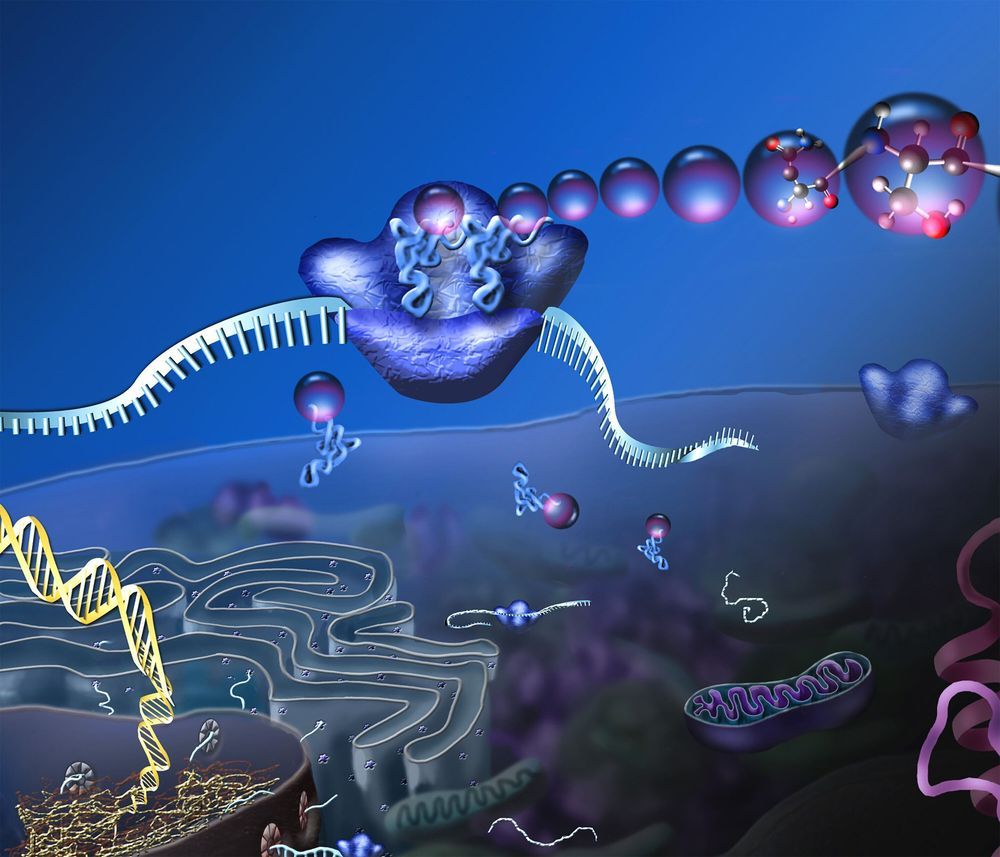“We expected that the hammer of natural selection also comes down randomly, but that is not what we found,” he said. “Rather, it does not act randomly but has a strong bias, favoring those mutations that provide the largest fitness advantage while it smashes down other less beneficial mutations, even though they also provide a benefit to the organism.”
In other words, evolution is not a multitasker when it comes to fixing problems.
“It seems that evolution is myopic,” Venkataram said. “It focuses on the most immediate problem, puts a Band-Aid on and then it moves on to the next problem, without thoroughly finishing the problem it was working on before.”
“It turns out the cells do fix their problems but not in the way we might fix them,” Kaçar added. “In a way, it’s a bit like organizing a delivery truck as it drives down a bumpy road. You can stack and organize only so many boxes at a time before they inevitably get jumbled around. You never really get the chance to make any large, orderly arrangement.”
Why natural selection acts in this way remains to be studied, but what the research showed is that, overall, the process results in what the authors call “evolutionary stalling”—while evolution is busy fixing one problem, it does at the expense of all other issues that need fixing. They conclude that at least in rapidly evolving populations, such as bacteria, adaptation in some modules would stall despite the availability of beneficial mutations. This results in a situation in which organisms can never reach a fully optimized state.
“The system has to be capable of being less than optimal so that evolution has something to act on in the face of disturbance—in other words, there needs to be room for improvement,” Kaçar said.
Kaçar believes this feature of evolution may be a signature of any self-organizing system, and she suspects that this principle has counterparts at all levels of biological hierarchy, going back to life’s beginnings, possibly even to prebiotic times when life had not yet materialized.
“I’m fascinated with life, and that’s why I want to break it.”
This is how Betül Kaçar, an assistant professor at the University of Arizona with appointments in the Department of Molecular and Cellular Biology, Department of Astronomy and the Lunar and Planetary Laboratory, describes her research. What may sound callous is a legitimate scientific approach in astrobiology. Known as ancestral sequencing, the idea is to “resurrect” genetic sequences from the dawn of life, put them to work in the cellular pathways of modern microbes—think Jurassic Park but with extinct genes in place of dinosaurs, and study how the organism copes.
In a recent paper published in the Proceedings of the National Academy of Sciences, Kaçar’s research team reports an unexpected discovery: Evolution, it seems, is not very good at multitasking.
